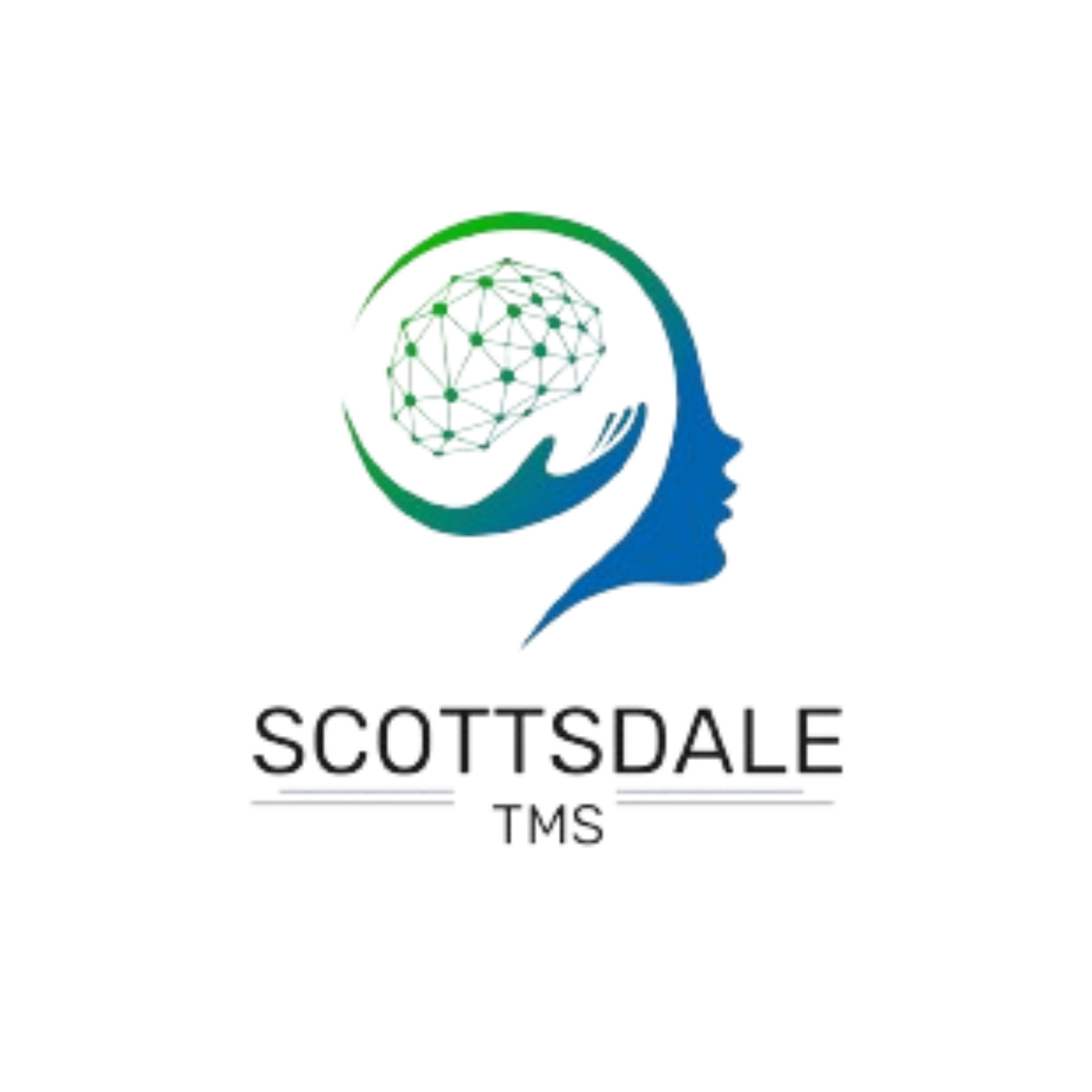
The Efficacy of TMS:
What Does the Research Say?
TMS has been extensively researched and shown to be highly effective, especially for individuals with treatment-resistant depression (TRD). Here’s a closer look at some of the studies and results supporting TMS efficacy:

FDA Approval and Initial Studies
TMS was FDA-approved for treating major depressive disorder (MDD) in 2008. Initial studies showed that nearly 50% of patients who had not responded to at least one antidepressant experienced significant improvement, with about 33% achieving complete remission.
Recent Research on Effectiveness
A comprehensive meta-analysis published in JAMA Psychiatry reviewed over 29 studies involving more than 1,000 patients and found that TMS resulted in a 30- 60% reduction in depression symptoms, even for those with TRD. Another study published in The American Journal of Psychiatry concluded that TMS was nearly twice as effective as antidepressants for some individuals with MDD, with fewer side effects and long-lasting relief
Long-Term Outcomes and Remission Rates
Research indicates that the benefits of TMS extend beyond the treatment period. Many patients report symptom relief lasting for months to years. For example, a study in Biological Psychiatry found that one year after treatment, 68% of patients maintained at least partial relief, while 45% experienced sustained remission.
Other Applications and Ongoing Research
While primarily used for depression, TMS is
also being explored for other conditions such as anxiety disorders, PTSD, obsessive compulsive disorder (OCD), and chronic pain. Studies are ongoing, but initial results are
|promising, indicating TMS may become an even more versatile tool for mental health
care.
Benefits of TMS Therapy
Non-Invasive and
Drug-Free
TMS therapy doesn’t involve any medication or surgery, reducing the risk of unwanted side effects like weight gain, drowsiness, and sexual dysfunction, which are common with antidepressants.
High Success Rate
Studies consistently demonstrate TMS’s effectiveness, especially for patients with TRD who have tried various medications without success.
Low Risk of Side Effects
Unlike other treatment options, TMS generally has minimal side effects, with some patients experiencing mild scalp discomfort or headaches that typically resolve shortly after the session.
Convenient Treatment Option
TMS doesn’t require hospitalization or sedation, and patients can resume normal activities immediately after treatment.
Is TMS Right for You?

TMS is especially beneficial for individuals who:
- Have tried two or more antidepressant medications without experiencing sufficient relief.
- Struggle with side effects from medications.
- Seek a treatment option that allows them to remain alert and active.
- Are looking for a well-researched, FDA-approved treatment for long-term mental health relief.
How to Get Started with TMS
If you think TMS may be a good option for you, consult with a licensed mental health professional who can assess your needs and determine if you’re a candidate for the treatment.









